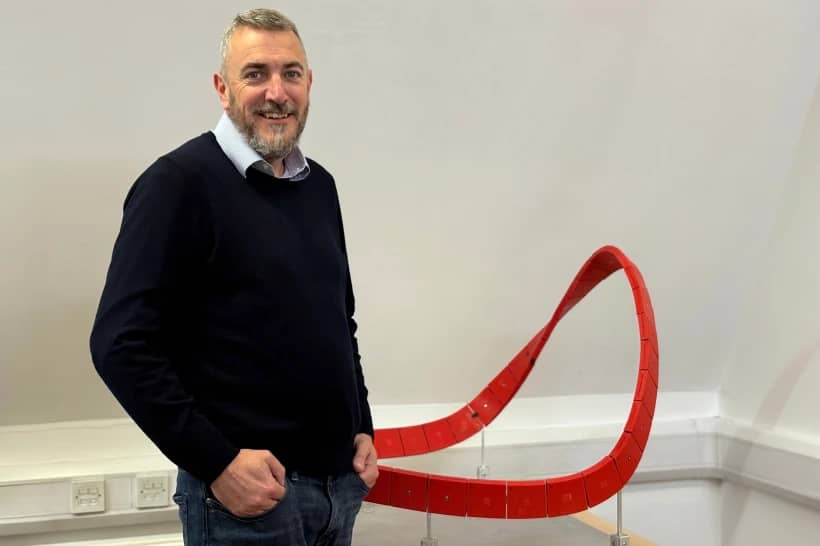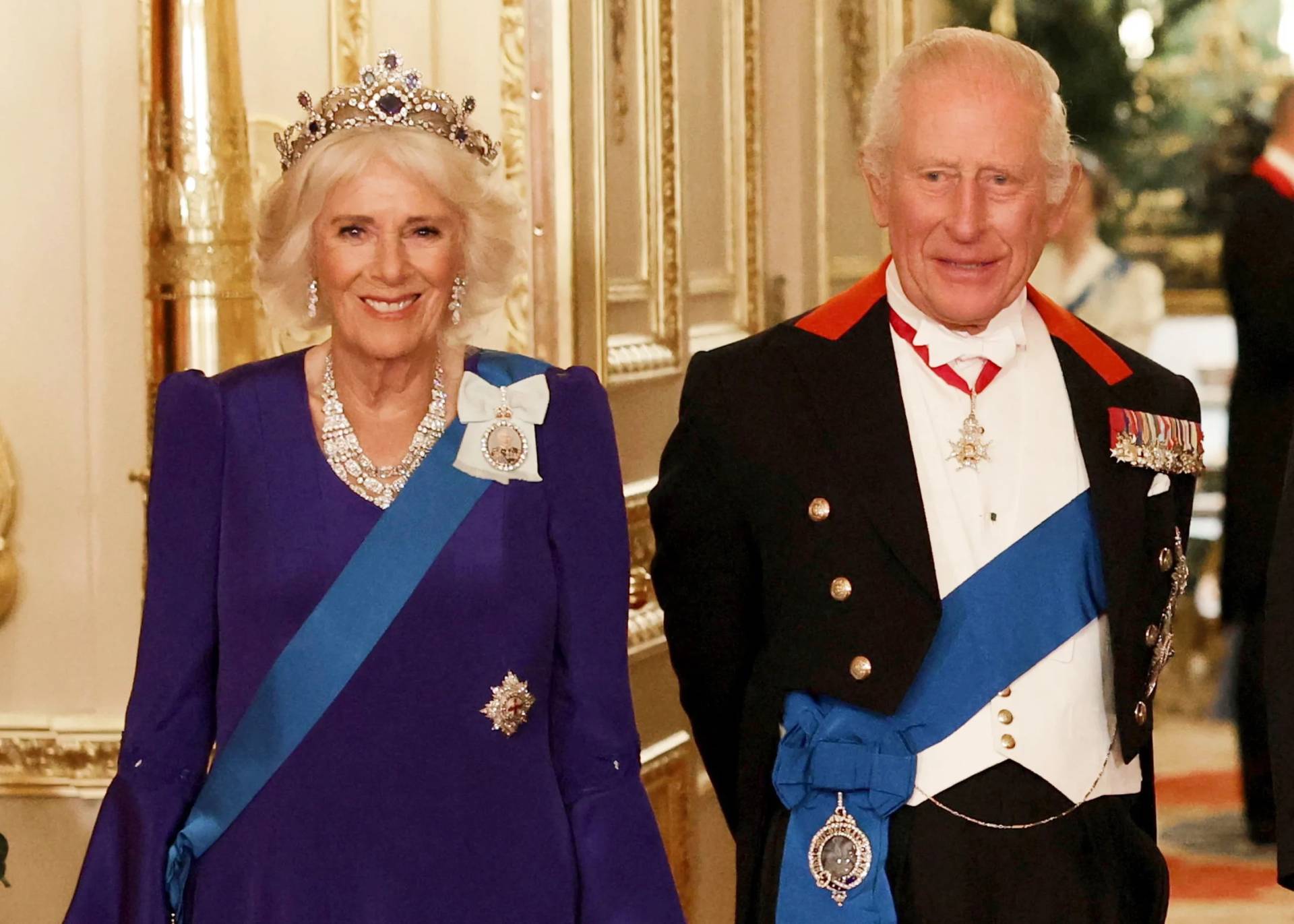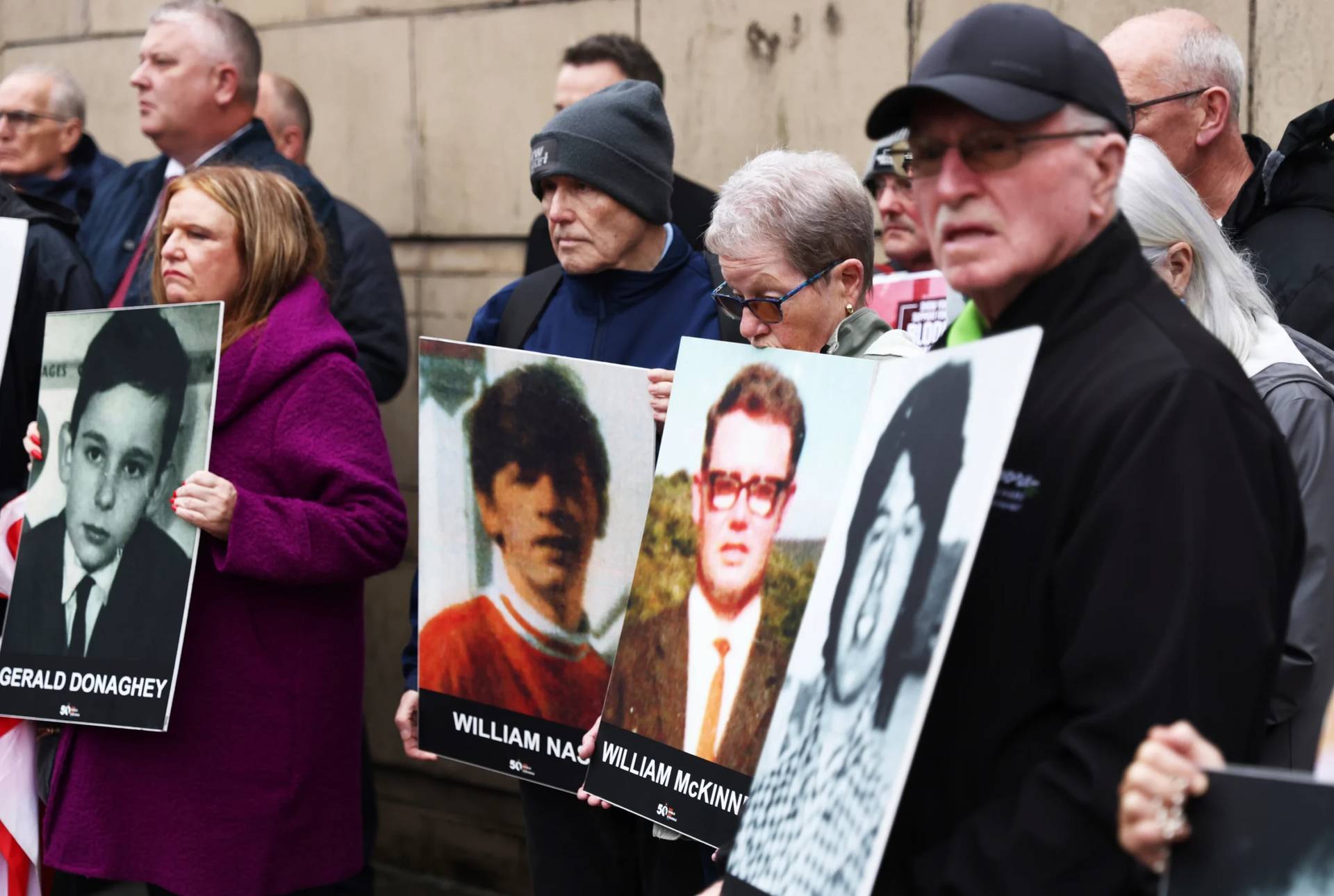LEICESTER, United Kingdom – Archbishop Eamon Martin says Ireland’s Catholic Church shouldn’t be scapegoated for the dire conditions in the country’s mother-and-baby homes in the 20th century, noting the homes were commissioned by government authorities.
The Armagh archbishop, who is also the Primate of All Ireland, was speaking to This Week, a program on Irish state broadcaster RTÉ.
“[Religious congregations] were commissioned by the State and local authorities, county councils and expected to intervene when the rest of society had basically banished these mothers. They found themselves in the frontline,” Martin said, noting that the homes were subject to inspection by state authorities.
RELATED: Irish archbishop calls report on homes for unwed mothers ‘distressing’
The archbishop was speaking about the Mother and Baby Homes Report issued last week. The report looked into the state-funded homes for unwed mothers and their children run by Catholic religious orders, where around 9,000 children died during the 20th century, usually due to the quick spread of disease in the crowded facilities.
The report reviewed conditions in 18 institutions from 1922 to 1998, and was commissioned by the government after reports on the deaths of around 800 infants at a home run by the Bon Secours Sisters in the Archdiocese of Tuam. It found that in some years in the 1930s and 1940s, over 40 percent of the children in mother and baby homes were dying before their first birthday.
“As soon as women and children went into these places, society didn’t seem to want to know any more, be they living or dead. If it’s just, proportionate and if it’s in account of the findings of the commission, I do feel the Church needs to do reparation for this. I accept that,” he said.
RELATED: Irish PM says ‘perverse’ morality drove unwed mothers’ homes
Martin said he expected the religious orders to do their part financially.
“I think we can show our apologies are sincere by being willing to contribute in any way we can,” he said. “I do think religious congregations will be willing to play their part generously.”
The archbishop also spoke about the issue of where the babies are buried, since many of the orders have no records about gravesites for the children who died at their facilities.
“I do know the sisters said they commissioned researchers and historians to try to locate for definite with evidence where people were buried. I would ask anyone who knows anything about the burial of these dear children to come forward so their graves can be identified and appropriately marked,” Martin told the Irish broadcaster.
Follow Charles Collins on Twitter: @CharlesinRome
















